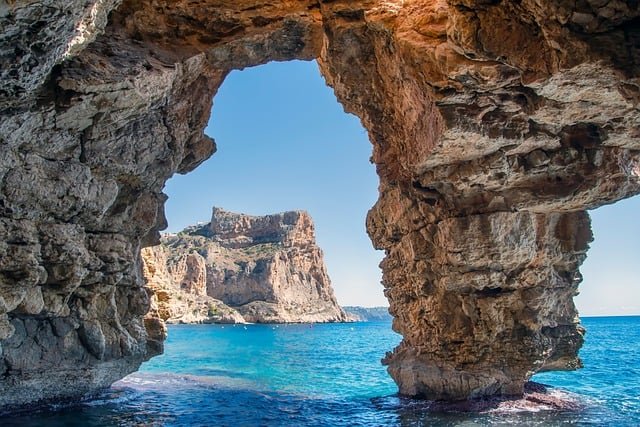Choosing the right wine cooler is essential for any enthusiast seeking to preserve their collection’s integrity. This article explores the critical factors of temperature and humidity control, alongside design considerations, to help you make an informed decision for optimal wine storage and display.
The Science of Perfect Preservation: Temperature and Humidity
At the heart of any wine cooler is its ability to maintain a consistent environment. The ideal storage temperature for most wines is between 12°C and 14°C (54°F and 57°F). Fluctuations in temperature cause the wine to expand and contract, which can push the cork out and allow oxygen to seep in, prematurely aging the wine. This isn’t just a modern theory; as far back as the 19th century, wine cellars were prized for their naturally stable, cool conditions. A quality wine cooler replicates this environment with precision thermoelectric or compressor cooling systems, ensuring your investment is protected from thermal damage.
Equally important is humidity control, often an overlooked factor. The relative humidity inside the unit should be kept around 50-70%. This range is crucial because it keeps the corks from drying out and shrinking. A dried cork will compromise the seal, leading to oxidation and spoilage. Modern wine storage units are engineered to manage moisture levels, either through advanced technology or simple water reservoirs, to create the perfect microclimate for long-term aging.
Balancing Form and Function in Your Selection
Once the technical aspects are understood, the next step is selecting a unit that complements your lifestyle and space. The primary consideration is capacity. Assess your current collection and anticipated growth; a smaller 12-bottle unit may suffice for casual drinkers, while serious collectors might require a 100+ bottle capacity. Following this, decide on the installation type: freestanding, built-in, or fully integrated. Built-in models are designed with front-venting heat dispersion, making them ideal for seamless integration into kitchen cabinetry.
Finally, consider the door style and UV protection. Double-paned, tinted glass doors are standard in quality coolers as they shield your wine from harmful ultraviolet light, which can degrade and prematurely age wine. Whether you choose a sleek, modern design or a more classic look, the right wine cooler should not only function impeccably but also enhance the aesthetic of your home.
Selecting the ideal wine cooler is a balance of scientific precision and practical design. By prioritizing consistent temperature control, proper humidity, and a design that fits your space, you can ensure your wine ages gracefully and is always ready to be enjoyed at its best. Investing in the right unit is investing in the quality of every bottle you own.
